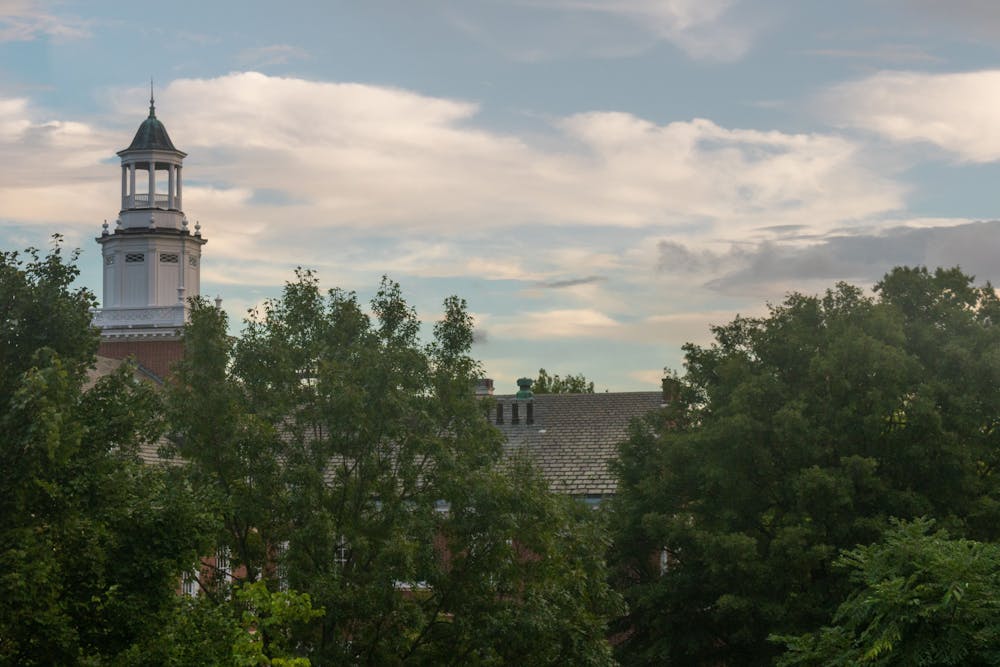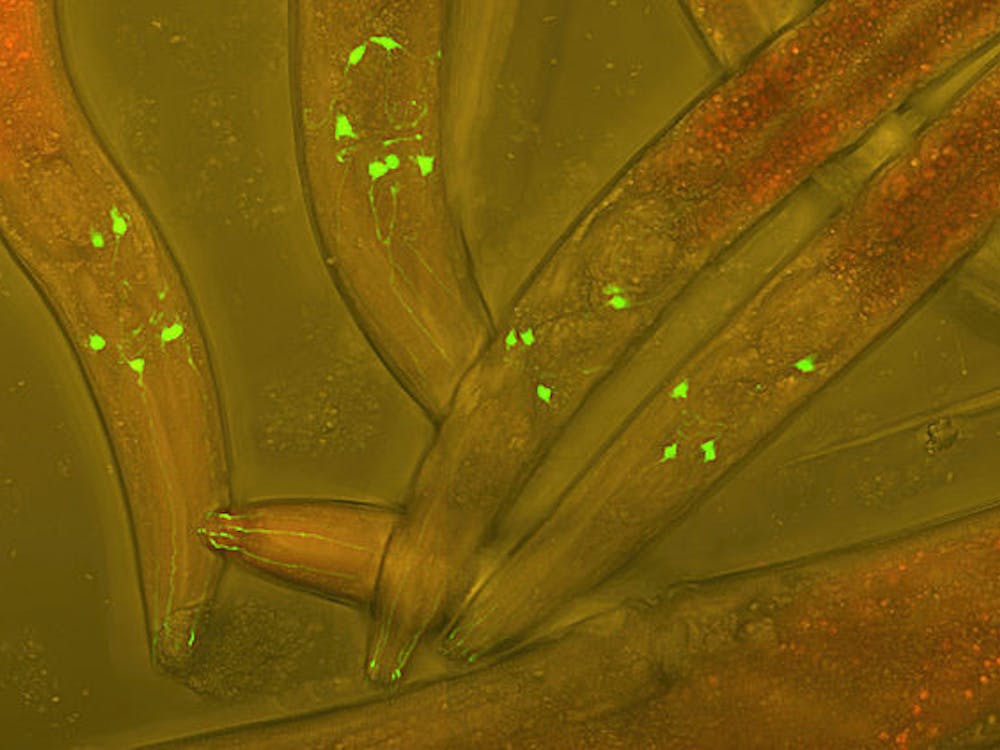
“The satisfaction of seeing something on paper and in my head become a reality, and especially when it does something — for example if it moves, or makes sounds... even if it’s something small... that is what I find most rewarding about mechanical engineering.”
These are the words of Steven Marra, associate teaching professor in the Department of Mechanical Engineering, as he discussed insights into the Mechanical Engineering major.
Classes for the major, which is colloquially called MechE, are offered through the Whiting School of Engineering. Students interested in majoring in Mechanical Engineering can declare the major their freshman year, which is helpful given the relatively high number of required courses, along with the associated labs. Starting the MechE track early by taking core introductory courses is a great way to delve into the major right away.
While it may be difficult to declare a major so early in one’s undergraduate career, it is certainly not necessary. Marra offered the following tips to help students determine if engineering is a good field for them.
According to Marra, the sciences are about studying the world, but engineering is about changing the world.
“If you like solving problems, if you like creating things, if you like having a structure and a process to solve problems, if you like thinking through problems, engineering is a good field,” he said. “Mechanical engineering is a very broad discipline, but it comes down to things that move. If it moves, chances are MechE will be applied to it, and MechE is also critical in designing energy systems like power plants, wind [and] hydroelectric.”
Sophomore MechE major Roberto Flores concurred with Marra’s description the discipline’s broad applications.
“I liked my engineering classes in high school, so I chose to major in engineering,” Flores said. “MechE is one of the broadest disciplines of engineering. Mechanical engineers can work pretty much anywhere and be useful. So I decided to major in MechE, and so far it’s been enjoyable.”
Practical learning and experimentation are significant components of the major requirements. Given the virtual format of this past year, Flores said that professors have adapted labs to provide students a lab experience from the comfort of their homes.
“The best part about MechE at Hopkins is the hands-on learning. Even in virtual classes, we are sent kits with materials to perform labs with,” Flores said. “Our projects are interesting and challenging.”
For students who are unsure about declaring the major, Marra suggested that they take Intro to MechE Design and CAD. CAD, which is an acronym for computer-aided design, is a software that allows users to digitally design a product. The course is also available to students outside the major upon instructor approval. Flores considers MechE Freshman Lab I, which is the lab that is associated with the course, as one of the most enjoyable classes in the major.
“My favorite class has been the MechE Freshman Lab, which served as an introduction to many things to be learned in later classes,” Flores said. “Each session had us perform a fun project that helped us understand MechE concepts, from springs to gears to even some aerodynamics.”
Marra also described the Senior Design Project, which is the capstone project for seniors. Students work in a team for an external client during their last two semesters, receiving a real budget of several thousands of dollars to design a solution to a real-world problem.
Marra also described how after graduating with the Mechanical Engineering degree, students follow a wide variety of professional career paths. Some go on to graduate school programs, most of them for master’s programs. Many directly enter the workforce with Hopkins alumni working at startups, consulting companies or companies like SpaceX and NASA.
Outside of the classroom, there are several student organizations that provide Hopkins MechE students, and students from any major, the opportunity to practice engineering in the real world.
“The department sponsors several student organizations that give students opportunities to do design and build work outside of classes,” Marra said.
Blue Jay Racing, or Hopkins Baja, is a student group that designs and competes with an off-road vehicle every year. Students, like Flores, who are a part of Volunteers for Medical Engineering create individualized medical devices for disabled Baltimoreans. The AstroJays Rocketry Team is a student group that builds real rockets. The Design, Build, Fly team, which builds electric airplanes from scratch, competes at a national event every year; last summer the team placed 17th out of more than one hundred teams.
These are only some of the engineering-focused student groups on campus, which, according to Marra, allow students to be engineers in their free time.
As is key to the Hopkins experience, Marra also mentioned that most students conduct one semester of some type of research experience. Research is not required as part of the degree, but it is highly encouraged.
With the wealth of opportunities to learn about engineering principles and put them to use in collaborative settings, the Hopkins Department of Mechanical Engineering focuses on training students to be critical thinkers, innovative problem solvers and product creators.





